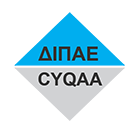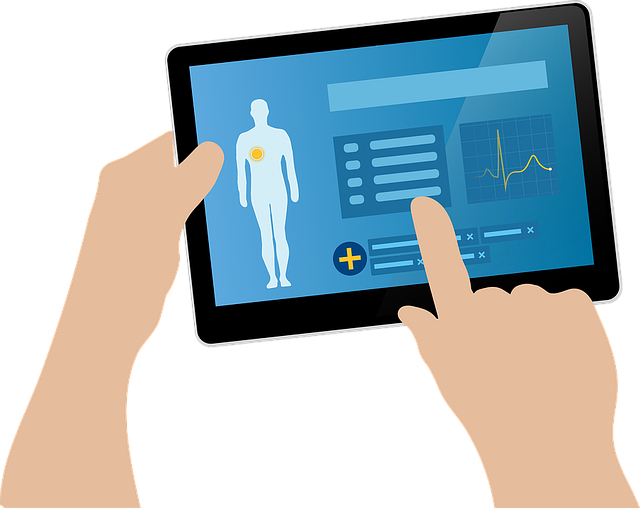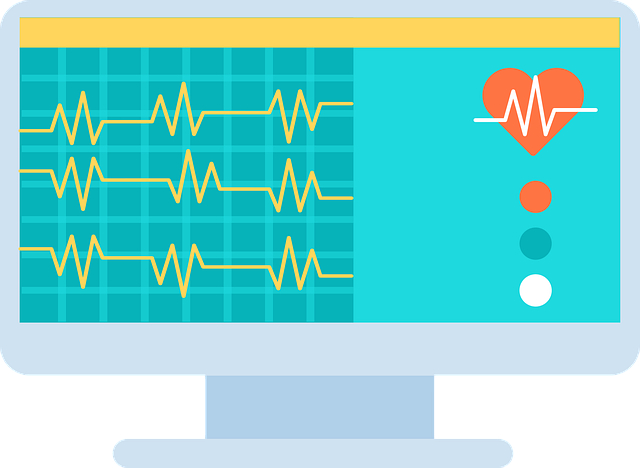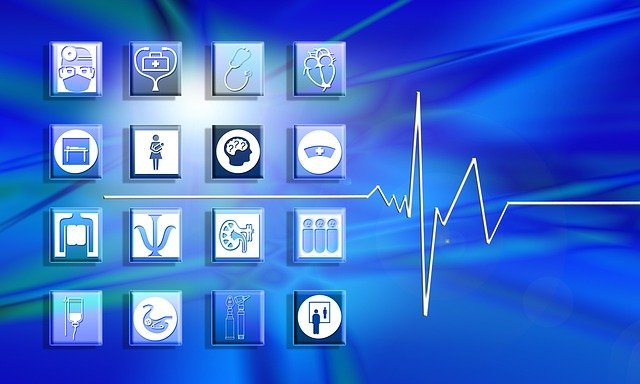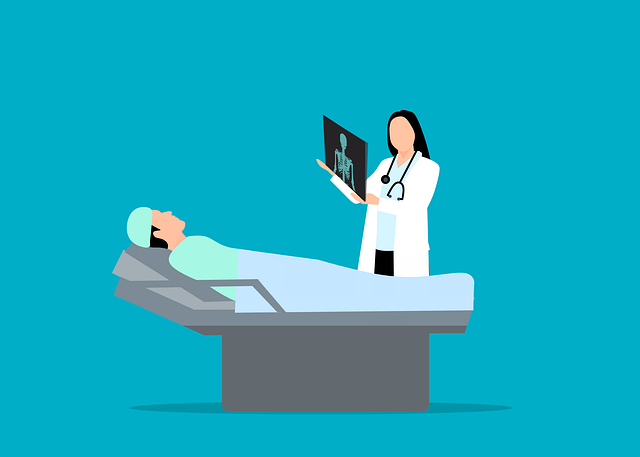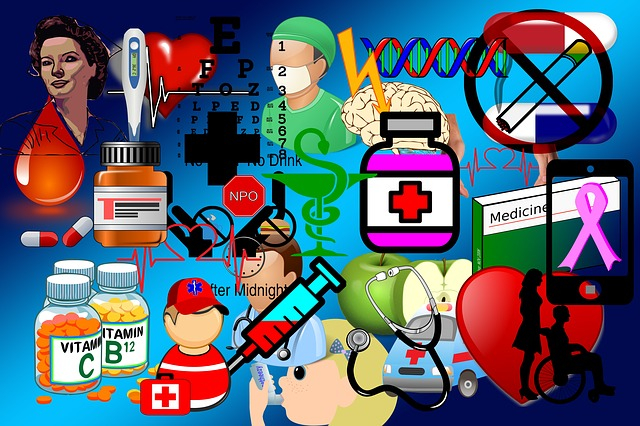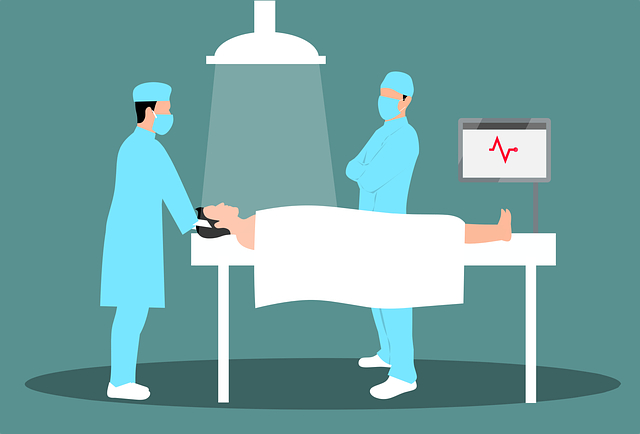
Magister Scientiae (Msc)
100 ects
Greek
Internationally Recognised
Online application submission

The scope of the MSc in Applied Health Informatics and Telemedicine is to deliver a comprehensive, high-order, state-of-the-art overview of the diverse applications of Computer / Informatics Science in Health, and to develop competency a) in understanding most common imposed problems/challenges, b) in configuring and analysing innovative, efficient, cost-effective and sustainable solutions, c) in integrating these solutions in the existing health-care environment and monitoring their impact and outcomes.
>In addition, the programme invests in knowledge, understanding and development of skills through the virtual laboratories of the Postgraduate Programme. Through these virtual laboratories, students come in contact with software applications that follow international standards and methodologies.
>European Credit Units - ECTS: 100
>Teaching Language: Greek
>Level of Studies: Postgraduate
>Title to be Awarded: Magister Scientiae (MSc)
It provides specialised scientific knowledge to graduates in specialisations that meet the contemporary needs of Health Care through the Organisation and Administration of Health Services and Health Information Technology and introducing the student to sources of public health requirements such as population characteristics, causes of mortality and morbidity, and level of community health services.
>2. In-depth analysis of main issues related to National Health Systems and understanding of the basic concepts of Integrated Hospital Information Systems and how they support health professionals as well as issues of interoperability, processes and mechanisms to accomplish the EU goal of achieving the quality of health services.
>3. It introduces the student to modern and internationally recognised methods and standards for the design, implementation, control and evaluation of medical data processing information systems and in-depth understanding of the usefulness and application of technological solutions and standards in the field of health. A detailed description of European and International Health Standards and Regulations. In detail, students will develop standards and coding systems, classification systems for medical information and medical operations as well as the presentation of the main standardisation bodies (ISO, ANSI, IEEE, HL7, IHE, WHO, HIPAA, etc.).
>4. Analysis of the role of patient electronic file management systems in modern hospital information systems in designing, evaluating and coordinating patient care both inside and outside hospitals, and in particular in prescribing information systems and in drug automation, drug compliance, pharmaceutical databases and drug order information systems.
>5. Development of technical implementations of open source software for IFA systems supporting in practice the creation of a "standard" system. In addition, issues of interoperability, processes and mechanisms for achieving the EU goal of expanding to upgrade the quality of health services will be analyzed.
>6. Introduce the student to the most common 1-D, 2-D, and 3-D biological imaging approaches and to enrichment, fragmentation, texture analysis and their applications in diagnostic imaging.
>7. In-depth analysis of modern tomography imaging techniques as well as processing and analysis techniques for valid and timely diagnosis, storage, retrieval and communication of medical images.
>8. Description of the basic concepts and services of Telemedicine as well as the need to implement innovative Telemedicine systems.
>9. Developing the stages of designing and implementing a telemedicine system and security and privacy issues in a telemedicine application.
>10. Familiarity with the basic principles of implementation and operation of technology applications of patient data management in healthcare organisations, as well as modern clinical decision support systems.
>11. Introduction to the fundamental principles of health research methodology, deepening of relational databases management using SQL language and understanding of relational database modelling and the importance of relevant tools in biomedical data analysis.
>12. Description of the basic methods of managing and administrating health IT projects and evaluating the resource requirements of an organisation, for the preparation of a health IT project.
>13. Designing, analysing, and resolving network scheduling and distinguishing critical activities (and thus the critical path) of the project.
>High-level graduates of Universities / Colleges, Health / Computer sciences programmes who (preferably) work/aim to work in Health Care environments or the Health Care industry.
>The Programme is evaluated and accredited by:
The Open University of Cyprus (OUC), through its participation in the European project "Liaison Offices with the Labour Market", offers to students of all its programmes of study, the optional and free of charge Thematic Unit (i.e. Module) entitled "Industry Placement". This module provides students opportunities for a placement to gain professional experience in their particular field of study, and the hosting institution can be any public or private organisation operating in the Republic of Cyprus.
Each student has the right to participate in this offering once or twice during his / her studies, provided that s/he meets the required conditions.
Request more information by contacting the OUC Liaison Office here.
The minimum requirement for admission to a postgraduate programme is an undergraduate degree from an accredited Higher Education Institution.
>The Master Programme in "Applied Health Informatics & Telemedicine" is open to people with a :
- >Medical degree
- >Degree in Biological Sciences
- >Degree in Computer Sciences and/or Computer Engineering
- >Degree in Nursing (with certified experience in management and/or configuration of health and/or clinical information systems)
- >Solid command of the English language
The total cost of the fees for this postgraduate programme is €6,000.
>The tuition fees for each module are €600. The tuition fees for the Master Thesis are also €1,200.
The Programme of Study is offered in the form of distance educational units and is credited in its entirety with 100 ECTS. It is analysed in 8 Educational units lasting 16 weeks (8 x 10 ECTS) each and the Master Thesis (1 x 20 ECTS). Each educational unit includes weekly lectures, group counselling sessions, intermediate assignments, final assignments and final examinations.
Prerequisite Modules are not specified in the Programme of Study, but registration in both modules of the first semester is recommended when aiming for proper study and optimal understanding of the individual topics (ΕΠΤ512 & ΕΠΤ513).
| Modules | Semester | Required / Elective |
Pre-requisite Modules | Workload | ||
| Hours | ECTS | |||||
| ΕΠΤ 512 | National Health Information Systems & Hospital Information Systems | 1 | Required | 250 | 10 | |
| ΕΠΤ 513 | Standards & Technology assessment | 1 | Required | 250 | 10 | |
| ΕΠΤ 521 | Patient Medical Records and Electronic Prescription Systems | 2 | Required | 250 | 10 | |
| ΕΠΤ 522 | Medical Image processing and analysis | 2 | Required | 250 | 10 | |
| ΕΠΤ 523 | Telemedicine applications | 2 | Required | 250 | 10 | |
| ΕΠΤ 611 | Patient data management & decision support systems | 3 | Required | 250 | 10 | |
| ΕΠΤ 612 | Biomedical databases & Biomedical research methodology | 3 | Required | 250 | 10 | |
| ΕΠΤ 613 | Tendering and HI project management - Design to deployment | 3 | Required | 250 | 10 | |
| ΕΠΤ 701Α | Master Thesis I | 4 | Required | ΕΠΤ512, ΕΠΤ513, ΕΠΤ521, ΕΠΤ522, ΕΠΤ523, ΕΠΤ612, ΕΠΤ613 | 250 | 10 |
| ΕΠΤ 701Β | Master Thesis II | ΕΠΤ 701Α | 250 | 10 | ||
| Total | 2500 | 100 | ||||
| Industry Placement | ||||||
| ΕΠΤ 695 | Industry Placement (1st placement) | 5 | ||||
| ΕΠΤ 696 | Industry Placement (2nd placement) | 5 | ||||
Each student can optionally enrol, once or twice, in the free of charge Thematic Module "Industry Placement", which awards five (5) ECTS. The module offers a structured placement, designed to offer students specific industry and professional experience in their particular field of study, and to allow them to build their skills in a real-world setting.
ΕΠΤ 695 - Industry Placement (1st placement)
ΕΠΤ 696 - Industry Placement (2nd placement)
Request more information by contacting the OUC Career and Liaison Office here
For additional information, please contact Ms. Marianna Prodromou (
Contact Form





